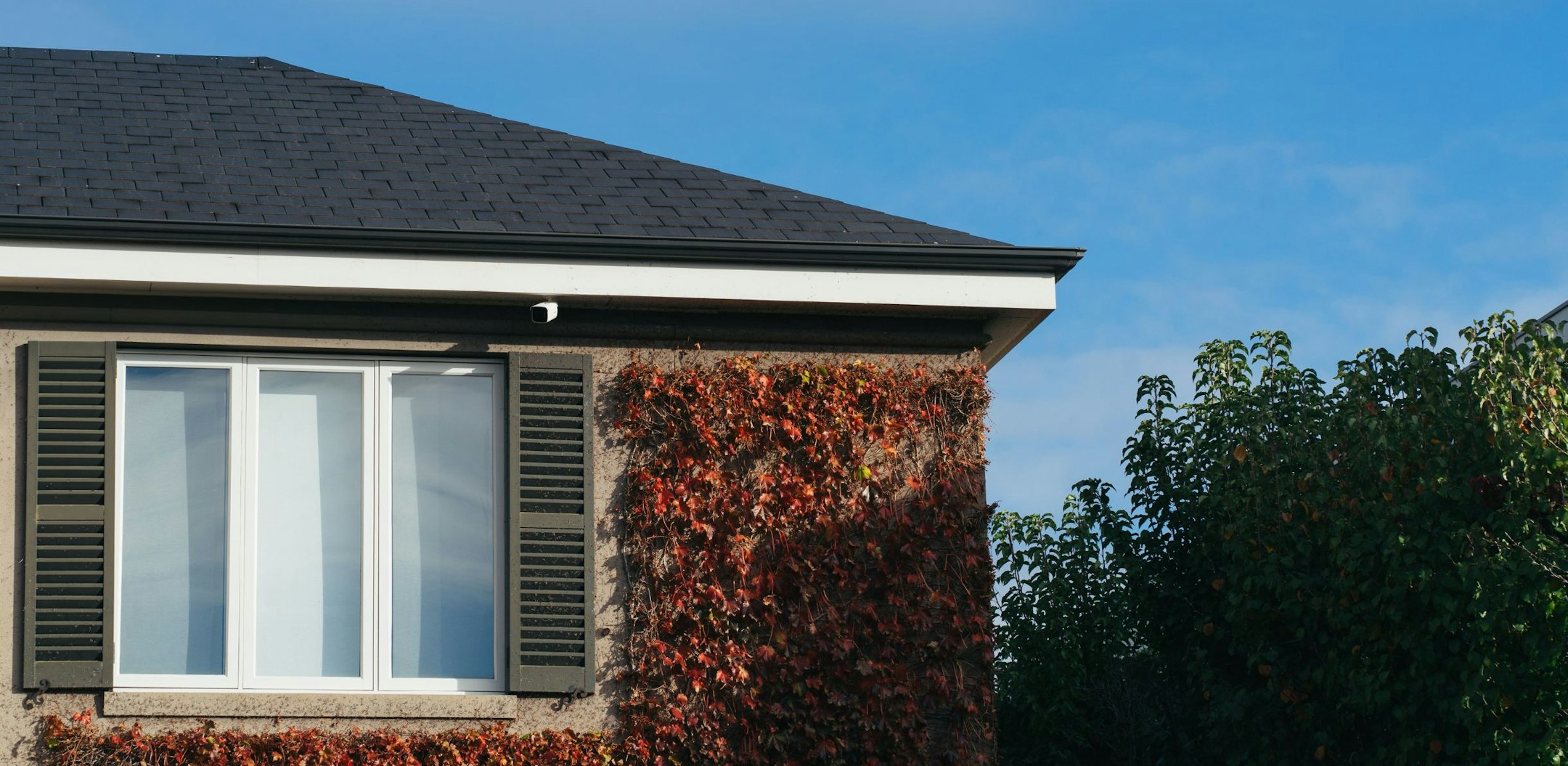The relationship between renter and rental provider is built on a foundation of trust and understanding. Both parties seek a harmonious arrangement: renters look for a safe and comfortable place to call home, while rental providers want to be assured that their property is being well cared for. Central to this dynamic is the routine inspection. But what exactly is its role, and why is it so paramount in the tenancy?
Property ManagementThe role of routine inspections and their vital importance in tenancy
Next ArticleThe role of routine inspections and their vital importance in tenancy

The relationship between renter and rental provider is built on a foundation of trust and understanding.
03 November 2023
Decoding Routine Inspections
Routine inspections are systematic evaluations of a rented property, often orchestrated by the rental provider or a property manager. Initially conducted at the 3-month mark of a tenancy, these inspections are then scheduled every 6 months thereafter. Their chief aim is to assess the property’s condition, ensuring the obligations of both the renter and rental provider are being upheld. Far from being a fault-finding mission, they primarily act as a protective measure benefiting both parties.
Advantages for the Rental Provider
- Maintenance and Value Preservation: Inspections enable rental providers to monitor their property’s condition, ensuring its market value remains intact. Early identification of issues, like preventative maintenance concerns such as blocked gutters, ensures minor problems don’t escalate into major, costly repairs. If left unchecked, simple matters like these could progress into severe complications, such as leaks.
- Lease Compliance and Insurance: Through these regular evaluations, rental providers can ensure renters are complying with the lease’s conditions. In fact, many insurance companies necessitate these 6-monthly inspections to maintain the validity of the policy. Should a claim arise, they’ll often request the inspection reports as part of their assessment.
Advantages for the Renter
- Open Communication and Relationship Building: Inspections are an excellent opportunity for renters to meet their rental provider or property manager face-to-face, building stronger relationships. These meetups also allow renters to highlight any concerns they might have, ensuring they’re addressed promptly.
- Safety and Security: Inspections can uncover potential hazards, guaranteeing the safety of the renter. By responsibly maintaining the property, renters also stand a better chance of reclaiming their security deposit once the lease concludes.
Routine inspections are pivotal in maintaining the harmony and trust within a tenancy agreement. They not only ensure the property’s upkeep but also fortify the relationship between the renter and rental provider. By recognising and respecting the importance of these inspections, both parties can anticipate a seamless and beneficial tenancy journey.




